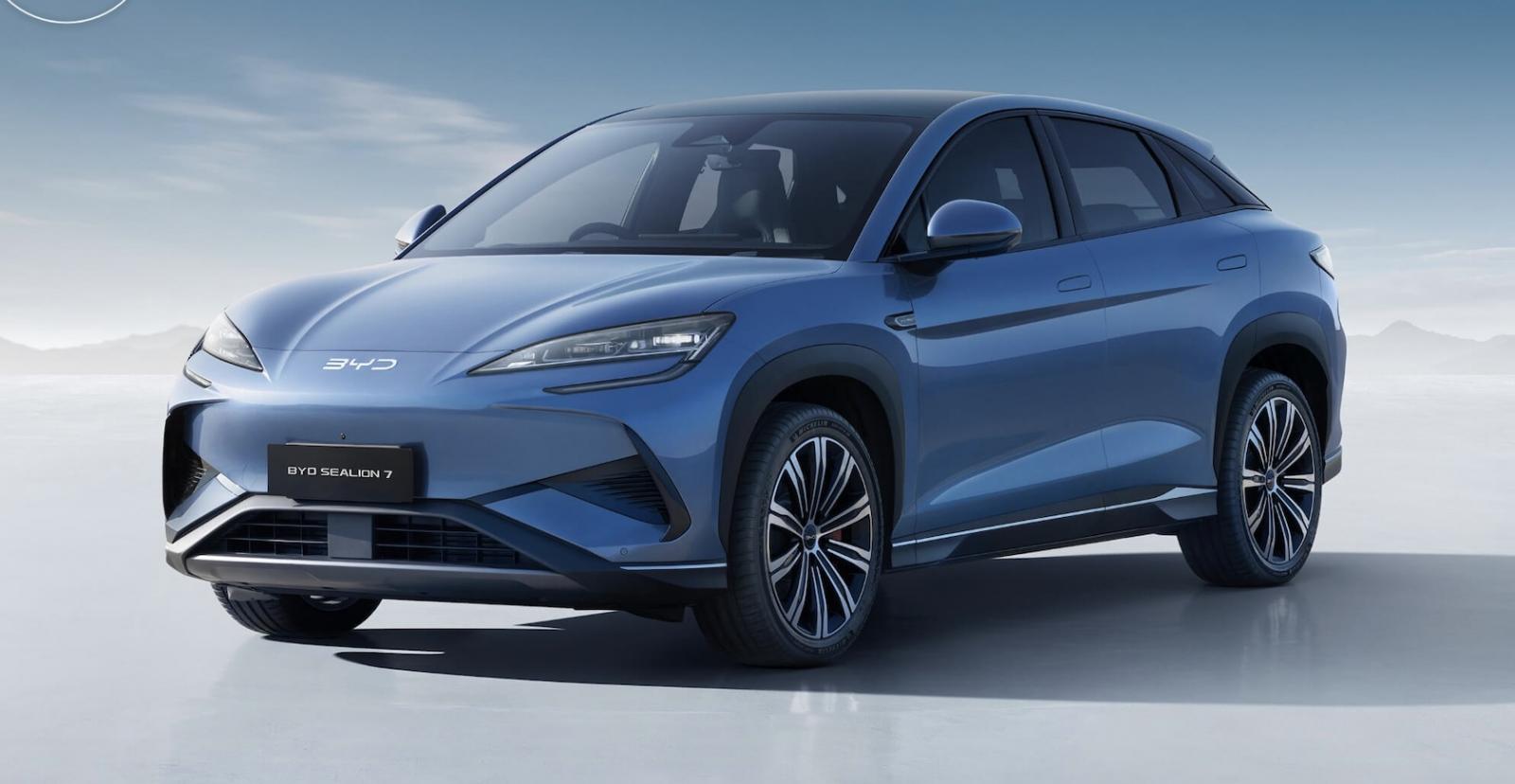It looks like Chinese EVs are here to stay. As favourable perceptions of Chinese automakers increase among European new car buyers, especially among younger consumers, established European automakers are finally standing up to pay attention.
These impressions come from the data analytics and market advisory firm Escalent who published the Chinese Automotive Brand Impact Study. The study reveals that even among usually reluctant customers, price is a major incentive, moving them from “biased” to “buyer” with minimal effort.
The study, which questioned over 1,600 new car purchasers across France, Germany, Italy, Spain, and the UK in late 2024, showed that the average price decrease needed to inspire interest in Chinese brands is 27%. However, one-third of respondents stated they would consider a Chinese car if the price difference was just 11%–20%, while one in ten would be convinced by a mere 10% decrease.
Chinese Losing Their Reputation For Cheap Copies
Some 72% of consumers who purchase new cars expect that Chinese manufacturers will offer lower prices than well-known brands. However, Chinese companies are losing their reputation for “cheap copies” and are increasingly seen as innovative rivals on par with multinational firms, especially when it comes to their electric vehicles (EVs).
Interestingly, Chinese brands are less likely to be perceived as low-cost options by younger consumers, who also need less financial motivation to give them the right amount of incentive. For 19% of people under 35, a 10% price drop would be sufficient to make them take Chinese automobiles seriously.
Customers expect even greater price reductions in Southern Europe, where perceptions of Chinese companies are becoming more favourable. This demonstrates an increasing demand for affordable EV solutions, as high car prices and poor charging infrastructure continue to hinder demand in the region.
The managing director of Escalent UK, Mark Carpenter, observed, “We found that while the credibility of goods from China generally trails other countries, the gap is smaller when it comes to cars. People are willing to change their minds for a car that’s of comparable price and quality. There’s clearly a tipping point where bias turns into interest.”
Carpenter continued, “Chinese brands [like BYD, Nio, XPeng and MG] are accelerating their growth in Europe at an unprecedented pace. Despite potential tariffs of 17%–35% in some markets, they’re investing in high-profile sponsorships and advertising campaigns, and their presence on dealership forecourts is growing. This combination of brand-building and competitive pricing could reshape the European EV market very quickly.”
CARLIST THOUGHTS
So just how much real-world interest is there in Chinese EVs? The study also revealed that one in five car owners would “probably” or “definitely consider” a Chinese brand, indicating a critical mass of interest. Carpenter warned that the appeal of Chinese brands spans owners of South Korean, German, French, Japanese, and Italian cars, suggesting a broader market threat than previously anticipated.
